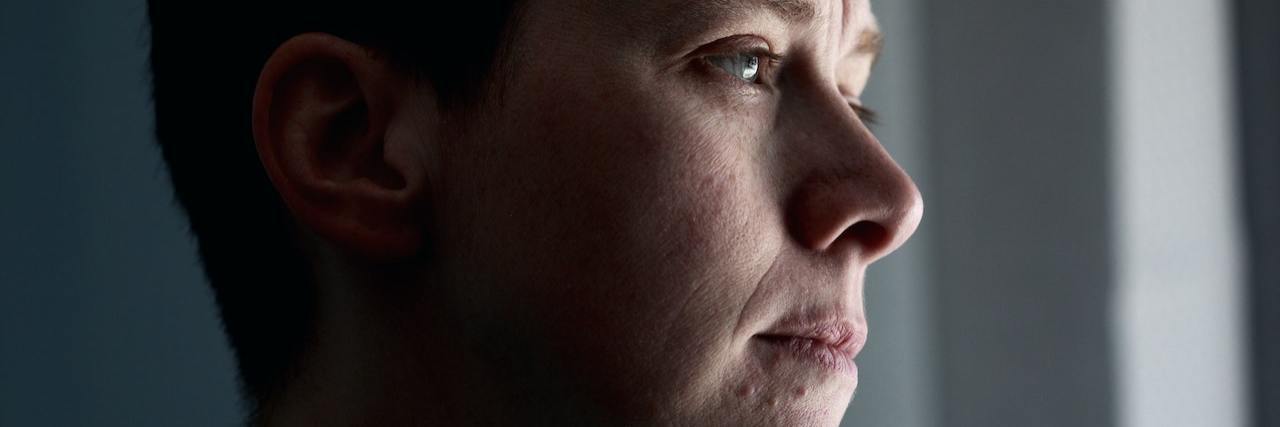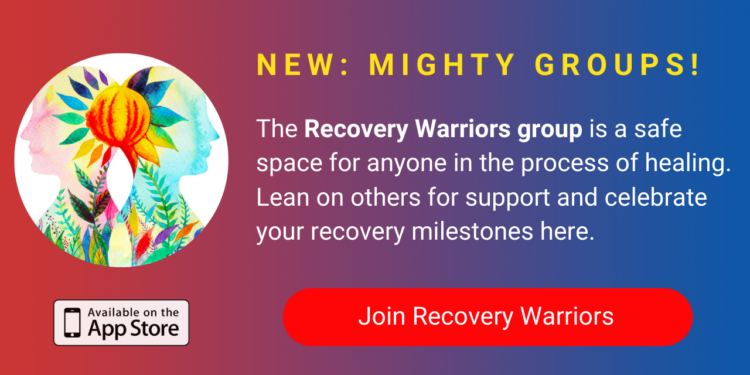Trauma is a wild and wicked thing — impossible to control and yet it lives in our heads rent free, often devaluing us as individuals and our contributions to others’ lives. While some may say trauma is “just in your head,” it really does live in a person’s head and it’s a very real problem.
The brain is massively affected by different kinds of trauma, some of which can cause long-term damage to critical functioning areas. In a 2006 study done on traumatic stress, Dr. J. Douglas Bremner of Atlanta’s Emory University School of Medicine found that individuals with post-traumatic stress disorder or PTSD have higher levels of anxiety and heightened emotions, cortisol and norepinephrine levels, and quite literally short-circuit many important brain functions.
It’s more than understandable that internalized trauma would be a kind of gateway drug, if you will, causing trauma survivors to develop dangerous habits that while easing their pain, fall into patterns of addiction that are incredibly challenging to break while recovering from the initial traumatic experiences that led them to that point.
Of course, there are many medications that can ease the effects of depression, anxiety, PTSD, etc., but with the expenses of medical insurance and pharmaceutical drugs, it’s incredibly easy to self-medicate away one’s mental anguish.
In the United States alone, between 6-8% of all adults have PTSD, and approximately 10-30% of veterans have PTSD. Individuals with the disorder are nearly 14 times more likely to self-medicate using a variety of substances, therefore acquiring a substance use addiction in the process.
With the current pandemic, these numbers are likely to climb as more individuals develop symptoms post-infection of the virus or are negatively impacted by the self-isolation and quarantine recommendations.
Not all self-medication may look like a substance, however. While alcohol, tobacco and marijuana use are the most popular addictions to numb life’s pain, excessive shopping, binge eating and perfectionism can all self-sooth in their own separate ways.
Even some healthy coping mechanisms can turn bad. Excess of self-care can cause you to put off necessary things that have to be done for your family or work. Excess of cruising Amazon to purchase something small for a boost of serotonin could turn into hours online to avoid internal pain that won’t seem to go away unless your Amazon cart is full.
Former professor of clinical psychology and neuroscience at King’s College London, Dr. Frank Tallis wrote about addiction, “At first, addiction is maintained by pleasure, but the intensity of this pleasure gradually diminishes, and the addiction is then maintained by the avoidance of pain.”
Substances do ease the pain but in the long run, an addiction could easily generate more trauma, further compounding the situation. Eventually the band-aid will no longer help, and more dangerous substances will be needed to continue the cycle.
When does the cycle end? In short, when you begin to confront the pain of the past with the help of a trained psychologist and/or psychiatrist. There are hundreds of thousands of individuals who can ease the hurt you’re experiencing, offer you practical mental and sometimes physical tools to stop the cycle and help set you on the path to recovery.
It’s OK to allow yourself to focus on the hurt you’re experiencing and ask yourself what’s most needed to ease the agony before turning to something to temporarily ease the pain.
This all being said, please don’t misunderstand me. There’s nothing wrong with band-aids when used in moderation. A philosopher once said everything that exceeds the bounds of moderation has an unstable foundation.
What does a stable foundation look like? Look to create a support system of individuals you can check in with when life gets rough. As trite as it sounds, starting a journal to express your most sacred feelings during fragile times can be so very helpful.
If you’re someone looking to support a friend who’s been affected by trauma in a variety of ways, first let me say thank you for supporting that person. I’ve been on both sides of this situation, and your support is invaluable, even if the person receiving your help may have trouble expressing that. Encourage the hurting individual to seek professional help, be there for them physically if possible (though it’s difficult during this COVID-19 pandemic) and emotionally and encourage them to do alternative activities than something that could put them down a troublesome path.
If you’re someone who is currently fighting an addiction, know that you’re not alone. There are lots of people who are ready to help you battle this and find the peace that you crave.
You are worthy and deserving of internal peace.
Find tips for practicing emotional self-care here.


